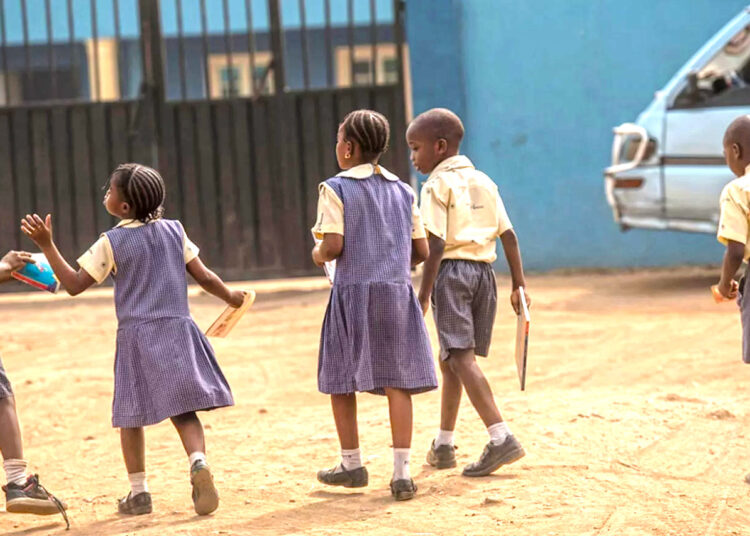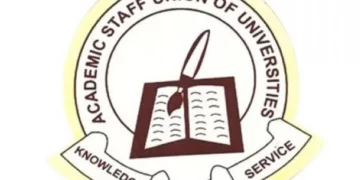As the 2025/2026 academic year approaches, schools across Nigeria are preparing to reopen their doors, but for many families, the excitement of resumption is overshadowed by financial anxiety.
From Abuja to Lagos and beyond, parents are bracing for the triple challenge of school fees, uniforms, and transportation at a time when the cost of living continues to rise sharply.
In the Federal Capital Territory (FCT), which is leading the resumption calendar, schools are scheduled to reopen on Monday, September 8, 2025, with boarding students expected back a day earlier on Sunday, September 7.
The harmonised schedule, according to school administrators, is designed to align academic calendars with national examinations such as the West African Examinations Council (WAEC) and National Examinations Council (NECO).
“The new session officially begins on the second week of September. Boarding students will return on the 7th to prepare, while academic activities for day students commence fully on the 8th. Some private schools, however, may opt for September 15,” explained Mr. Isaac, a teacher in Abuja, in a chat with LEADERSHIP.
Across Nigeria, state governments are finalising their resumption dates, with most falling between September 7 and September 15.
In Lagos, First Term begins on September 15, 2025, in most schools and runs until December 19. Similarly, Ondo State has fixed its First Term calendar for September 15 to December 12, 2025. While the dates differ slightly across the federation, the 2025/2026 academic year is expected to conclude nationwide by July 2026.
This staggered resumption reflects state-level harmonisation efforts but does little to ease the burden of Nigerian parents, who are grappling with fee increases, inflation-driven expenses, and transport costs.
For many households, school resumption has become a season of worry rather than relief. In Abuja, Mrs. Ifeoma Okoye expressed concern over the steep bills awaiting her family.
“My two sons’ school fees amount to over N1.2 million. With house rent, food prices, and other expenses rising, it has been very difficult to raise the money. Sometimes we have to borrow just to meet deadlines,” she lamented.
Other parents share similar frustrations. In Lagos, Mr. Moji Francis, a civil servant, told LEADERSHIP that nearly half of his monthly salary goes into paying his three children’s school fees.
“Education is important, but the burden is heavy. By the time I add transport, uniforms, and books, I am left with little to run the household. Many parents are in the same situation, and it’s exhausting,” he said.
Teachers and administrators, however, argue that the early start is necessary to keep students academically on track. According to Collins Aondo, a teacher with an Abuja private school, finishing the syllabus on schedule is a priority.
“We need to complete the syllabus in time to prepare students for WAEC and NECO. The earlier resumption helps us align with the national timetable and ensures students are not disadvantaged. Parents may feel the pinch, but in the long run, students benefit,” he explained.
Education experts note that while Nigeria has made progress in expanding access, affordability remains a major barrier.
Recent surveys indicate that average tuition for private secondary schools in urban centres like Abuja and Lagos ranges between N250,000 and N4 million per term, depending on the grade level and facilities. Boarding schools charge even higher, with some elite institutions demanding more annually.
For public schools, parents still face indirect costs such as uniforms, PTA levies, transport, and learning materials. These hidden expenses can be overwhelming for families living below the poverty line.
A report by UNICEF earlier this year warned that rising education costs could push more children out of school, adding to Nigeria’s already high figure of out-of-school children, currently estimated at over 10 million.
Faced with these challenges, parents are finding creative ways to cope. Some resort to cooperative savings groups to spread payments, while others negotiate instalment plans with school administrators.
Mrs. Theresa Christopher, a mother of five in Benue, said her family has had to make painful sacrifices.
“We cut down on other expenses, no new clothes, no outings, just to save for school fees. Education is a priority, so we tighten every other area,” she revealed.





